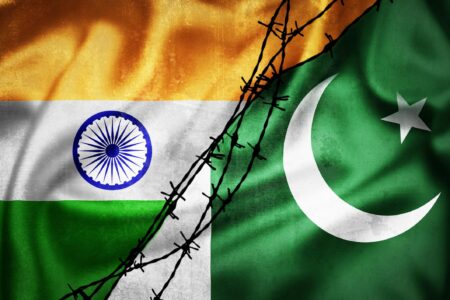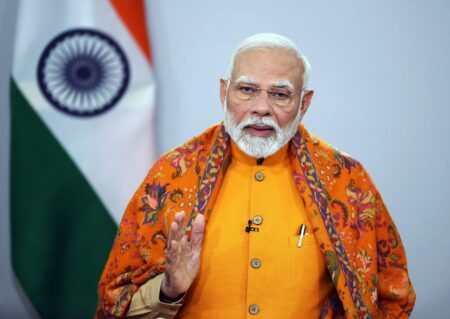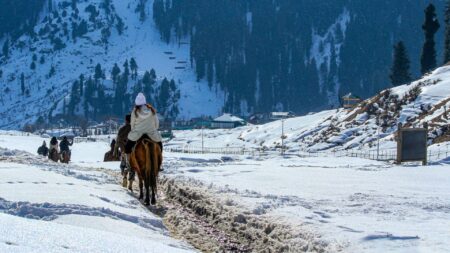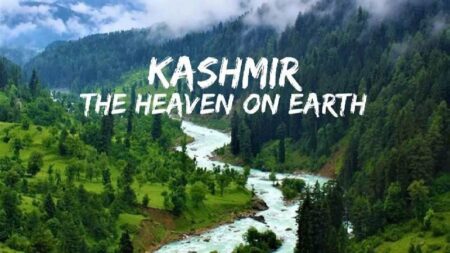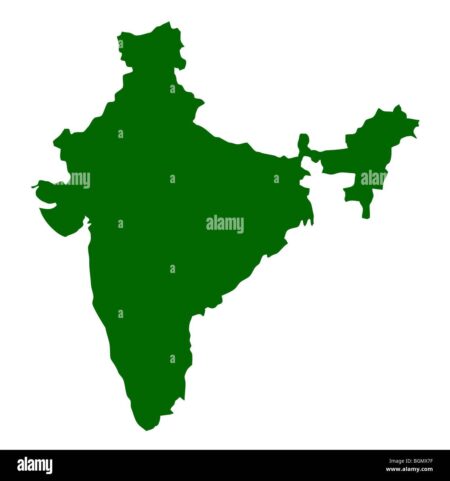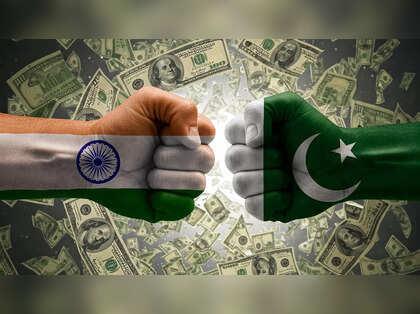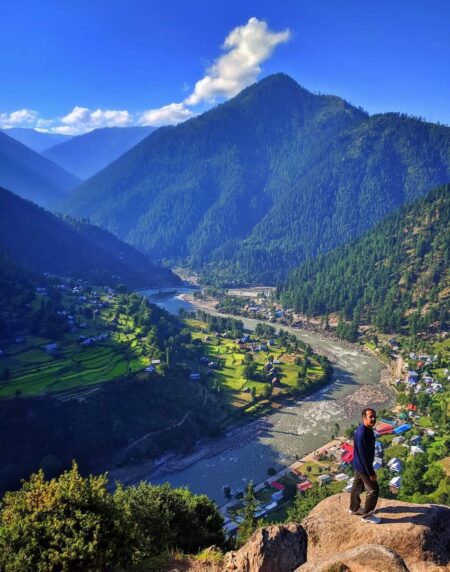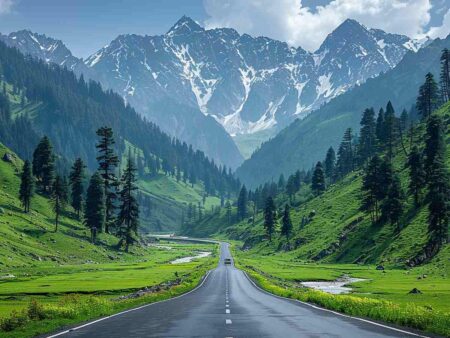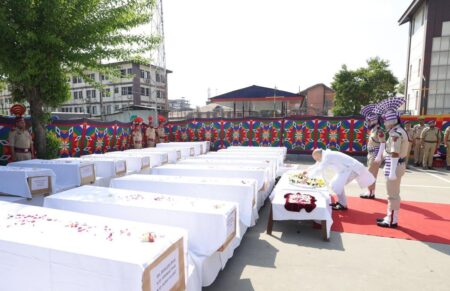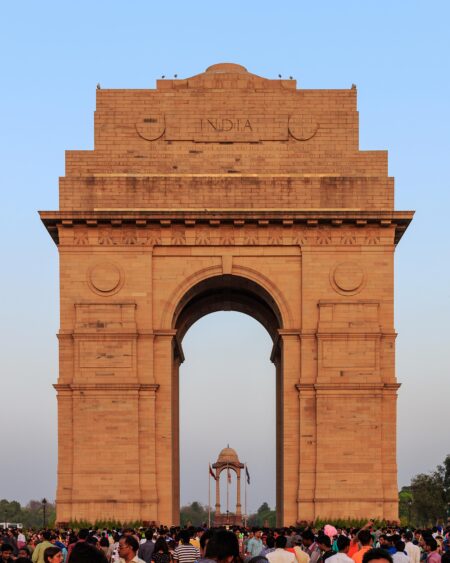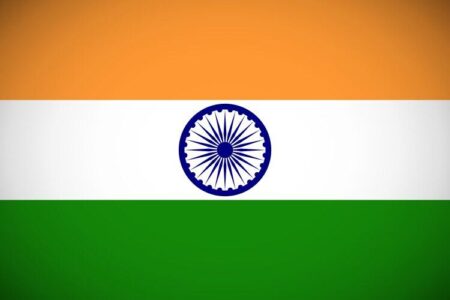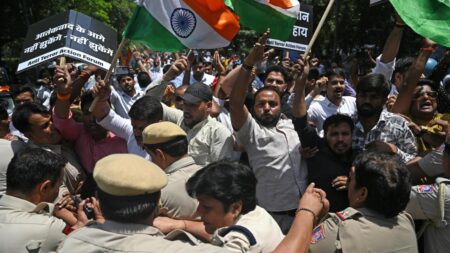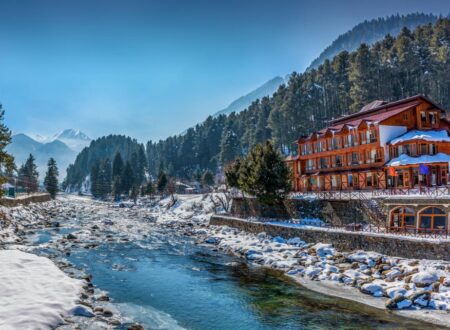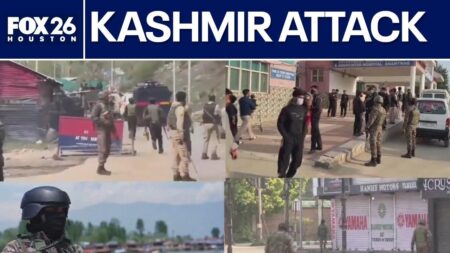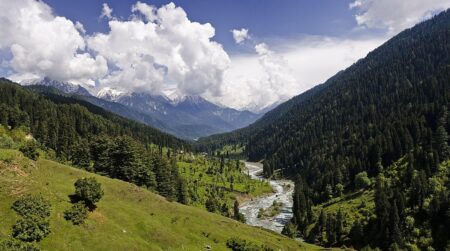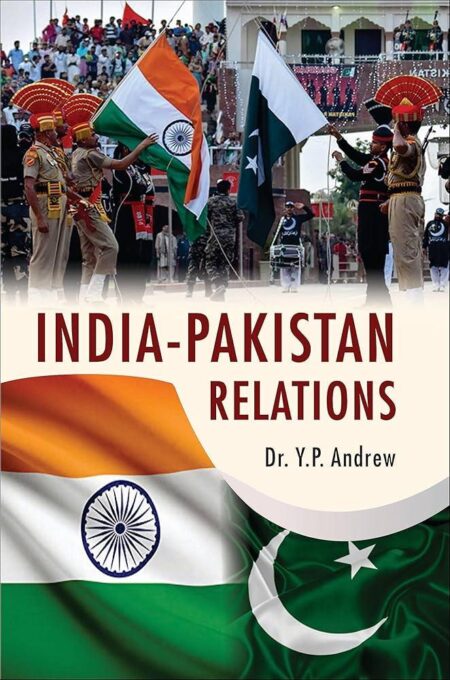India and Pakistan face complex challenges as stateless communities remain caught in the crossfire of ongoing political tensions. These “stateless sisters” bravely endure an unending struggle for identity and rights, living in the shadows of a conflict that has spanned decades
Browsing: Kashmir
India’s Kashmir railway, hailed as a breathtaking engineering marvel that tames rugged landscapes, also ignites fierce controversy. Critics denounce it as an occupation tool, arguing it strengthens India’s hold over the disputed region
An engineering marvel decades in the making, the new rail line to Kashmir is poised to transform connectivity across the region. This groundbreaking project overcomes rugged terrain, linking remote communities and sparking a wave of economic growth like never before
The Modi government has intensified its crackdown on dissent related to the Pakistan conflict, targeting activists, journalists, and opposition voices with arrests and strict censorship. This forceful stance is raising alarm bells about the future of freedom of expression in India
Kashmir’s enduring conflict between India and Pakistan has, perhaps unexpectedly, paved the way for China to enhance its presence in the region. As tensions escalate, Beijing has skillfully seized this opportunity to bolster its economic and strategic influence, weaving itself deeper into the fabric of regional dynamics
In a bold and unexpected move, former President Donald Trump has offered to step in as a mediator in the enduring Kashmir conflict between India and Pakistan. His intriguing declaration, “Will work with you both,” has sparked renewed conversations about the possibility of international intervention in this complex and sensitive region.
Tensions soared as India initiated strikes in Kashmir and Pakistan, raising alarms about the stability of the region. The New York Times captured these military actions with striking photos and compelling videos, vividly illustrating the profound humanitarian impact of this ongoing conflict.
Breaking news reveals that the enduring India-Pakistan conflict has surged to alarming new heights, with fierce military confrontations and tragic civilian casualties emerging from the frontline. This escalation represents the most significant clash between these two nations in decades, sparking widespread international concern.
Residents in Pakistani-administered Kashmir are increasingly on edge as fears of a military escalation with India loom large. Following a series of recent border clashes, the atmosphere is thick with anxiety, as locals worry they could be the first to bear the brunt of any renewed conflict. This growing unease has intensified their sense of vulnerability, leaving many to wonder what the future holds.
The relationship between India and Pakistan is steeped in a rich tapestry of history, marked by conflict and rivalry. At the heart of this complex bond lie deep-seated territorial disputes and religious divides that have fueled animosity for decades. As both nations navigate the shifting landscape of global politics, the echoes of their tumultuous past resonate loudly, casting a long shadow over current tensions.
In a tragic turn of events, at least six lives were lost in a recent attack in Pahalgam, Kashmir, igniting a wave of violence against the local Kashmiri community. In response to this escalating turmoil, authorities have ramped up security measures to safeguard the region and prevent any further unrest.
In the wake of the shocking terror attack in Pahalgam, Union Home Minister Rajnath Singh has pledged a powerful and decisive response to those who threaten our nation. As the investigation progresses, security forces are on heightened alert, working tirelessly to safeguard the region and its people.
Senator Marco Rubio is taking proactive steps by reaching out to officials in both India and Pakistan, striving to calm the rising tensions after a recent attack in Kashmir. These crucial discussions are focused on promoting dialogue and finding ways to de-escalate hostilities in this volatile region.
In the aftermath of a recent attack in Kashmir, the Muslim community in India finds itself grappling with intensified fears of potential backlash. As tensions rise and discrimination becomes more pronounced, many are anxious about being unfairly targeted amidst a surge of nationalistic fervor.
In the wake of a tragic attack in Kashmir, the already fraught relationship between India and Pakistan is reaching new heights of tension. As the situation unfolds, there are growing calls for urgent dialogue to prevent further escalation. Experts caution that without immediate action towards peace and reconciliation, this incident could plunge the region into deeper instability.
In a decisive move, India has temporarily closed over half of the enchanting tourist destinations in Kashmir after a thorough security review triggered by recent attacks. This step is part of a broader effort to prioritize visitor safety as tensions in the region escalate. Unfortunately, this decision is taking a toll on the local tourism economy, which thrives on the beauty and allure of Kashmir’s breathtaking landscapes.
In the wake of the recent attack in Pahalgam, Indian forces have taken a dramatic step by demolishing homes associated with suspected militants. While this bold strategy seeks to combat insurgency, it also sparks significant debate over human rights and its repercussions on local communities.
Amid the persistent tensions surrounding Kashmir, experts believe that a full-scale war between India and Pakistan is improbable. The diplomatic channels are still active, and both countries are grappling with considerable internal and external challenges, which makes the prospect of conflict less likely.
The latest violence in Kashmir has intensified longstanding tensions between India and Pakistan, as both nations exchange accusations following a deadly attack. Diplomatic efforts appear stalled, raising concerns of further military escalation in the region.
In the aftermath of the recent Kashmir attack, India has made a bold move by downgrading its diplomatic relations with Pakistan. This decisive action includes the suspension of a vital water-sharing treaty, further heightening tensions between the two nations and shaking the foundations of regional stability.

